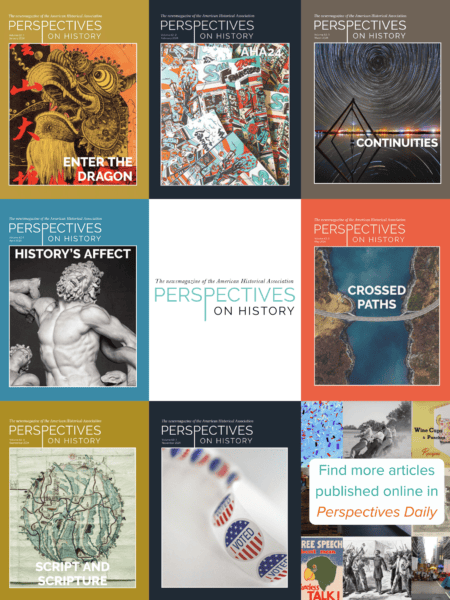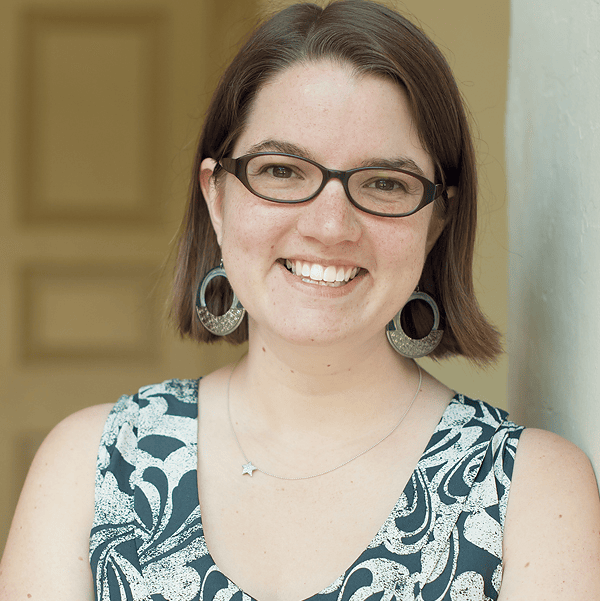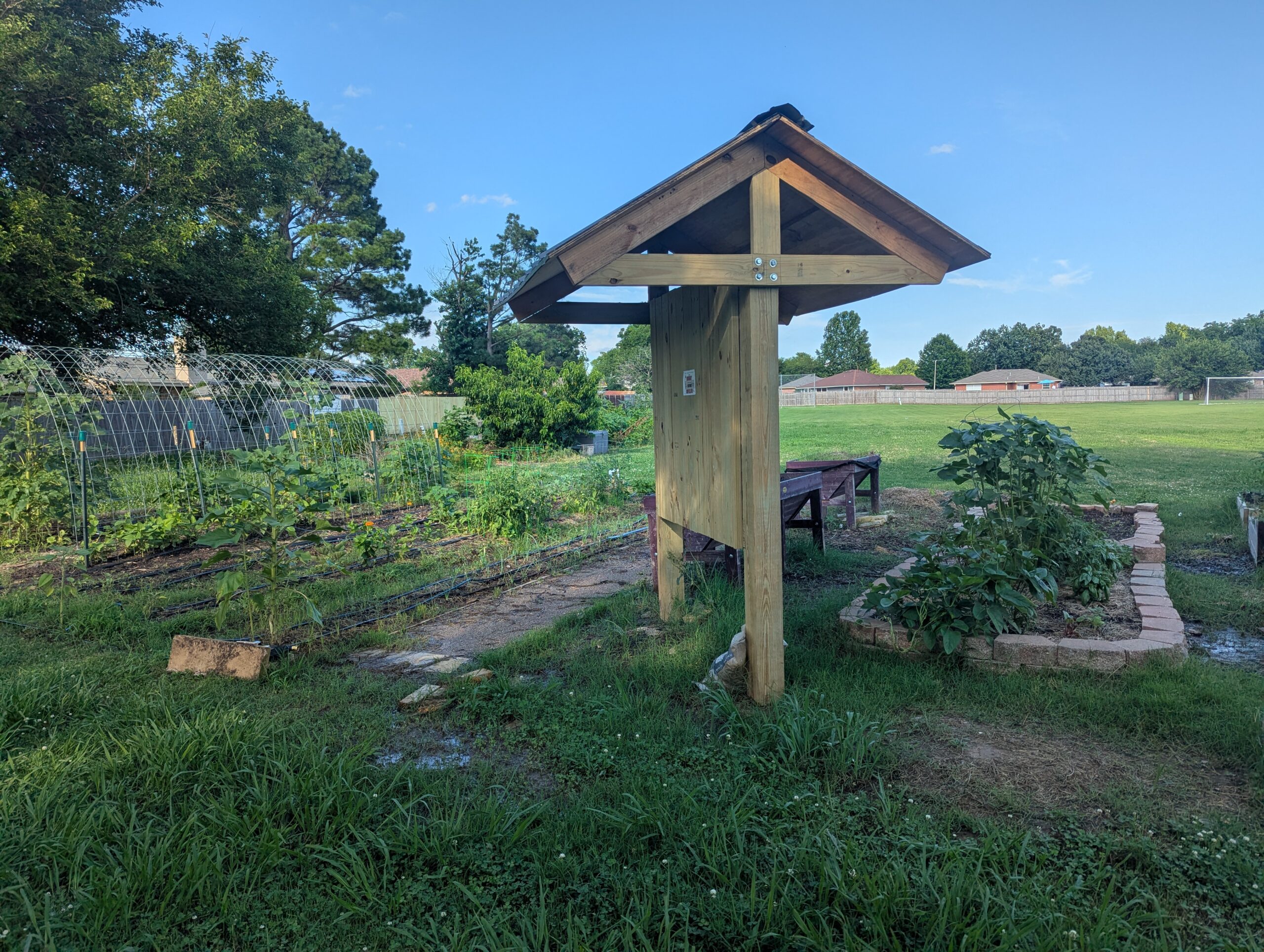Perspectives on History saw some changes in 2024. The AHA’s website got a fresh new look this summer, and the magazine went bimonthly starting in September. But even with fewer print issues, we hope that readers found plenty to chew on this year.
Perspectives authors examined topics such as teaching the history of hip hop or LGBTQ+ history in the South; how teaching years of seminars can influence and shape a research project; and the work that one federal historian does. Summer columnists looked at trauma-informed teaching, how to write history about an event you witnessed, and the intersections of public history with the personal. The always popular Everything Has a History section included objects from around the globe, including a hearing aid, a convent tabla, and the canoe. And four historians shared their perspectives on teaching with constitutions in a special miniseries, covering the First Amendment, the Reconstruction amendments, the French Revolution, and virtual reality.

The print issues of Perspectives on History from 2024.
As we look forward to the new year, the Perspectives team offers a sampling of articles that resonated most with readers from each month. Enjoy this look back on popular articles from 2024.
January
A School without Books by Michael Andoscia
One veteran Florida social studies teacher shares the recent changes brought to his district by state legislation.
February
Intersecting Lines by Celso Thomas Castilho and Sara Kozameh
An increasing number of job ads for modern Latin American history now also ask for expertise in Latino/x history. Why?
March
What about Continuity? by Averill Earls, Elizabeth Garner Masarik, Sarah Handley-Cousins, and Marissa C. Rhodes
Since 2007, many have been using the five Cs framework in their teaching. Is it time to add a sixth?
April
Archival Shouting by Karin Wulf
Some collections of historical sources have been given a microphone, with profound consequences for the practices of history.
May
Thinking Globally about Student Protest by John Delury and Jeffrey Wasserstrom
Many Americans are looking to 1968 to explain today’s campus protests—but there are more recent movements in Asia that could shed some light.
June
Meet the 2024 Perspectives Daily Summer Columnists
Introducing the three graduate students who will write about one’s own involvement in historical events, trauma-informed pedagogy, and Indigenous public history.
July
Teaching the Thrill of Historical Thinking by Andrew Offenburger and Raphael Folsom
In developing SourceNotes, two historians have found a way to teach historical research collaboratively.
August
The Role of the Bible in the Founding of the United States and Religious Mandates in Public Schools by Laura Ansley
At an AHA webinar on July 26, historians discussed the historical roots of mandates to incorporate the Bible into curricula and how such mandates might affect social studies instruction in K–12 public schools.
September
Cursive Conversations by Bonnie J. Morris
A historian who has been journaling for 50 years thinks about the future of cursive script.
October
Chasing the “Latino Vote” by Mike Amezcua
Since the 1960s, the two major political parties have chased a “Latino vote” that does not actually exist.
November
Notre-Dame Arises by Anne E. Lester
As Notre-Dame in Paris has been rebuilt, our understanding of its history has been transformed.
December
Papel Sellado by Corinna Zeltsman
A succession of stamps on a single sheet of paper tell a tale of political upheaval over 20 years.
This work is licensed under a Creative Commons Attribution-NonCommercial-NoDerivatives 4.0 International License. Attribution must provide author name, article title, Perspectives on History, date of publication, and a link to this page. This license applies only to the article, not to text or images used here by permission.



